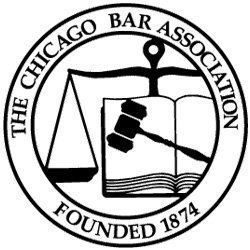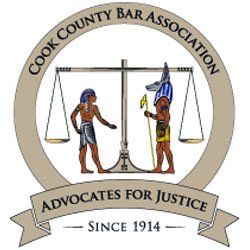PRACTICE AREAS
ASSOCIATIONS


Bankruptcy
Bankruptcy is often sought when pressure from creditors and debts become insurmountable. Bankruptcy is a process whereby the United States Bankruptcy Court and Trustee temporarily controls a debtor’s finances, providing some relief from creditors and an opportunity for the debtor to gain a fresh financial start. Under the U.S. Bankruptcy Code an individual may liquidate under a Chapter 7 bankruptcy, or reorganize under a Chapter 11 or Chapter 13 bankruptcy.

Chapter 7
In a Chapter 7 bankruptcy, a trustee takes control over and liquidates certain assets in the debtor’s estate. The trustee provides repayment to creditors from proceeds received from the liquidation. At the close of the bankruptcy proceeding, the debtor is generally released from personal liability on dischargeable debts and debts that are not dischargeable remain the debtor’s obligation. Undischargeable debts include but
are not limited to:
- Certain tax obligations,
- Debts not filed with the court,
- Child support or alimony,
- Educational loans, and
- Benefit overpayments.
Chapter 11
In a Chapter 11 bankruptcy, the debtor (usually a business) provides a reorganization plan for repayment of debts to creditors. Under this type of bankruptcy, the debtor is allowed to continue doing business. This plan may include partial or full repayment to creditors and generally requires creditor and Bankruptcy Court approval.
Chapter 13
In a Chapter 13 bankruptcy, debtors have an opportunity to save their home from foreclosure. In order to qualify for this type of bankruptcy, the debtor must have a regular source of income from which payments can be made, and existing secured and unsecured debts must not surpass certain thresholds. Under this type of bankruptcy, the debtor provides a reorganization plan for repayment of debts to creditors. This plan may include partial or full repayment to creditors and generally requires creditor and Bankruptcy Court approval. A trustee oversees the plan and repays creditors from deductions made from debtor’s wages. Contact us today and schedule a consultation to get started.




